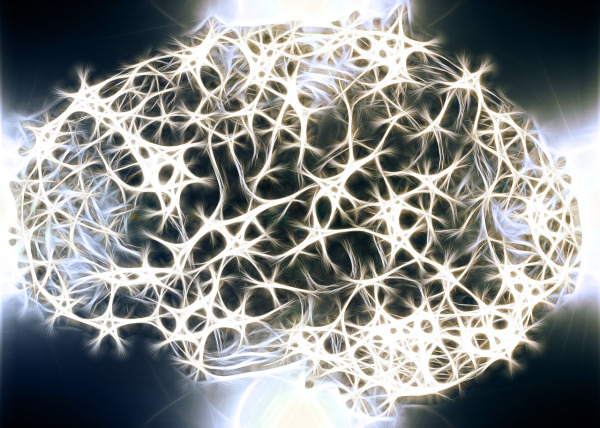By definition, a traumatic brain injury harms the brain and, therefore, the neurons that reside therein. In recovery, one is taught how to live effectively with these deficits. However, “the big issue with treatment after TBI is that there are no drugs that work well on patients to restore memory,” says Bonnie Firestein. Firestein is the senior author of a decade-long study, led by the Department of Cell Biology and Neuroscience at Rutgers University, that may have found the means to full recovery.
Specifically studied was the protein Cytosolic PSD-95 interactor, also known as Cypin, “the primary guanine deaminase in the brain [that] plays key roles in shaping neuronal circuits and regulating neuronal survival.” (Guanine is, “an important building block for DNA and RNA in cells.”)
To summarize the study’s findings, the abstract on the NIH site states, “Administering either cypin activator directly into the brain one hour after traumatic brain injury significantly reduced fear conditioning deficits 5 days after injury, while delivering the cypin inhibitor did not improve outcome after TBI. Together, these data demonstrate that cypin activation is a novel approach for improving outcome after TBI and may provide a new pathway for reducing the deficits associated with TBI in patients.” Though this tactic of recovery has only been tested on mice, as of yet, the similar neurological structure of mice to humans makes it possible that this newly found method of treatment would work in humans, as well.

